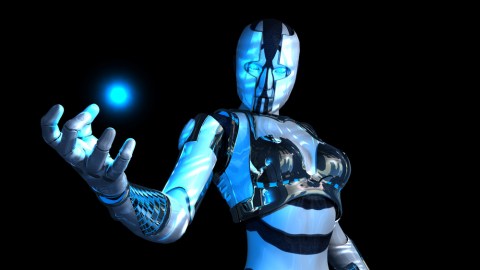Do We Need a Bill of Rights for Robots?

I didn’t know if a robot could ever actually get to the point of having rights under the Constitution. The Constitution has a number of different nouns that it uses to describe who it applies to. Some of the rights are only for citizens. A lot of the rights are for persons. And I think to start defining a robot as a person is a little beyond my expertise.
I’ve never aspired to be a science fiction writer myself, but if I can make the leap of imagination, I think it would be an extremely interesting ACLU Board of Directors meeting talking about at what point a machine would have enough attributes in common with people and whether that means free will or moral agency in order for machines to actually be considered persons and have rights under the Constitution.
There have been many other contexts in which we have been required to talk about who’s a person within the meaning of the Constitution. Now, of course, where the Constitution started out, slaves were not considered persons. We have the infamous Dred Scott Decision. There are also some issues in the immigration context about who has rights and who doesn’t depending on status.
Another recent example is in the area of reproductive freedom. The Supreme Court back in Roe v. Wade, one of the things that they decided is that fetuses are not persons and do not have rights. You have to have some sort of agency in order to be considered a person because the Constitution really sets up a community, a kind of a political entity.
So who’s within the community that the Constitution covers and who has the rights guaranteed by the Constitution? I think that the decision that a fetus is not a person for the purposes of the Constitution is right. That’s certainly not what was contemplated at the Constitution Convention. But it may happen in my lifetime that we have to worry about whether machines meet the same definition.





